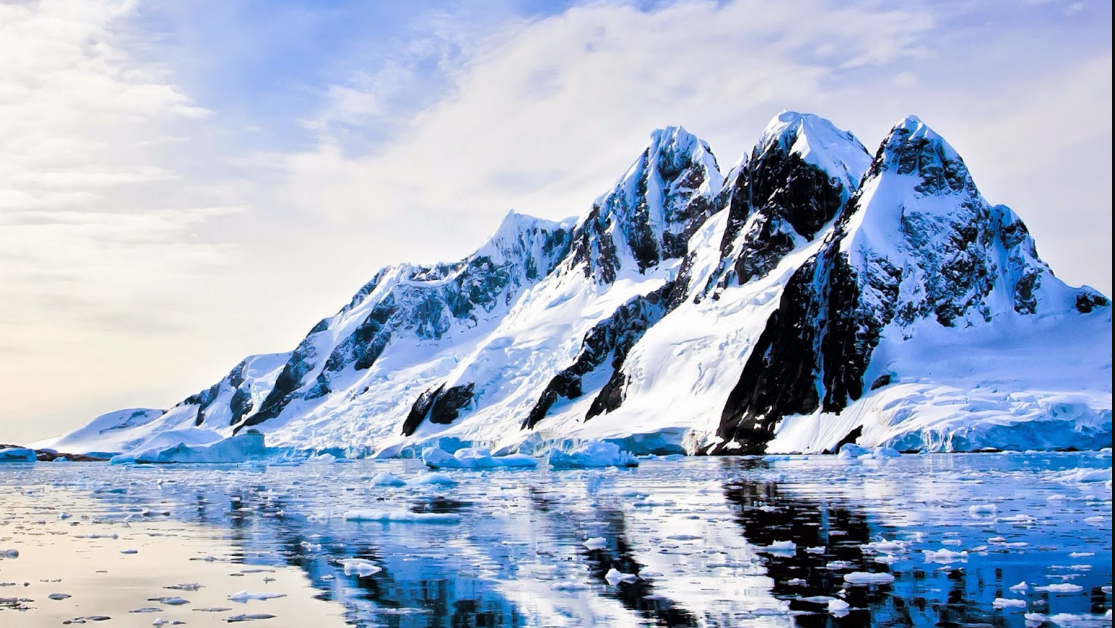The Amazon is Earth’s largest tropical rainforest with its own self-sustainaing regional climate and hydrological system. It contains a diversity of forests – from montane to mangroves – across a range of distinct soils and substrates, supported by a biogeochemically-diverse riverine network that drives extensive seasonal rainfall. It has been clear for a while that this whole system is under pressure. Unsustainable developing practices – including deforestation for mining, agriculture and dairy farming, as well as illegal logging activities – have all brought it to an ecological tipping point.
Tag: Global warming
2020 One of the Warmest Years – Future Will be Warmer
2020 was one of the warmest years on record and future temperatures are expected to be warmer according to two new studies on climate change.
Climate Change — 1.5 C is the least we need to do and it may not be enough
The UN’s Intergovernmental Panel on Climate Change (IPCC) has issued its Special Report on the impacts of global warming in South Korea, October 10, 2018. The Panel was requested to publish the Special Report by the Conference of Parties to the UNFCCC in its 21st session during which the Paris Agreement was signed (2015).
Ice Loss Speeding up in the Antarctic
Antarctic sea ice losses are speeding up and have in fact surpassed estimates. Last week scientists (who are part of the Ice Sheet Mass Balance Intercomparison Exercise) announced that 3 trillion tonnes of ice was lost between 1992 – 2017. Annual ice loss has more than doubled in the Antarctic Peninsula and tripled in West Antarctica. And the losses are speeding up, with most of the losses occurring in the last five years.
This means that future predictions made by the IPCC may be too low. Previously, the range of predictions for the next 100 years predict no contribution at all, suggesting that ice loss from the continent’s glaciers will be offset by an increase in snowfall or they suggest losses equivalent to about 15 centimeters or so of sea-level rise. Previously, it was thought that Antarctica would stay in the range of the lower limit, the new research shows that it is tracking the upper limit.
“Around Brooklyn you get flooding once a year or so, but if you raise sea level by 15 centimeters then that’s going to happen 20 times a year,” said Andrew Shepherd, a professor of earth observation at the University of Leeds and the lead author of the study.
And to add to this, it is estimated that Greenland lost 1 trillion tonnes of ice between 2011 and 2014
Antarctica is not the only contributor to sea level rise. Greenland lost an estimated 1 trillion tons of ice between 2011 and 2014.
All of this is compounded by the fact that global warming is also warming ocean waters, making them expand and thus also raising sea levels further.
No, India did not cause the heat wave in Karachi
(Published in The Nation Pakistan)
Developing countries like Pakistan should contribute to global mitigation efforts, but more importantly, Pakistan needs a solid adaptation plan that will ensure that human and natural systems are made resilient to the impacts of a warming world.

